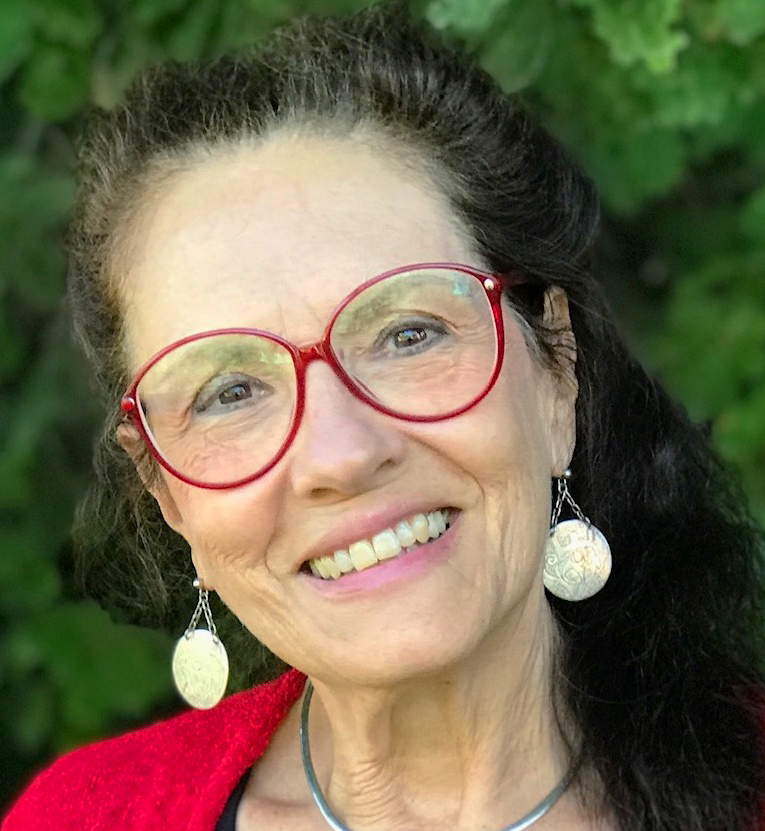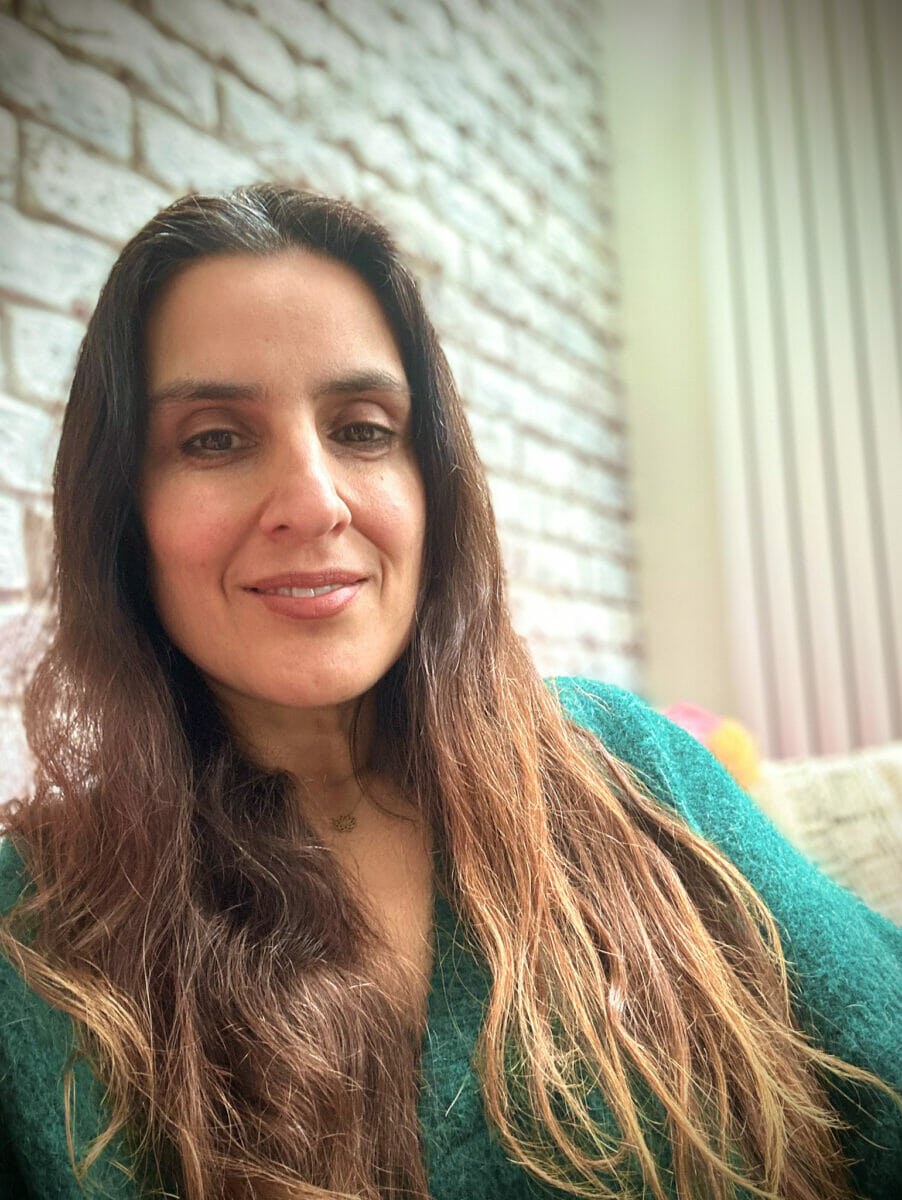
Training
PT386 – Vital Psychedelic Conversations
February 2, 2023
Featuring: Kylea Taylor, M.S., LMFT & Shabina Hale
In this episode, David once again interviews a teacher and student from Vital, speaking with Grof-certified Holotropic Breathwork® practitioner, author, and developer of InnerEthics®: Kylea Taylor: M.S., LMFT; and therapist and Lead Consultant of psychological therapists at NEU: Shabina Hale.

In this episode, David once again interviews a teacher and student from Vital, speaking with Grof-certified Holotropic Breathwork® practitioner, author, and developer of InnerEthics®: Kylea Taylor: M.S., LMFT; and therapist and Lead Consultant of psychological therapists at NEU: Shabina Hale.
This Vital Psychedelic Conversation is largely centered around ethics: how practitioners and facilitators define ethics; how InnerEthics® is involved; power dynamics; accountability; how the energy in a session is transferable and can bring up shadow elements for both parties; the need to be honest about one’s own scope of competence; the need for facilitators to have more experience both as a sitter and experiencer; and the very simple but most vital aspect of facilitation: considering how any decision made will affect the person on the psychedelic.
They also discuss having a code of ethics inspired by Indigenous culture and decades of underground use; how the psychedelic experience is affected by the ways it’s treated by its surrounding culture; how the practitioner becomes a protector; defining what is normal in a psychedelic experience (can you?); informed consent and the importance of explaining how roles will change throughout the process; and what the world would be like if everyone followed the same set of ethics.
Have you seen our commercial for Vital yet? We’re pretty thrilled with how it came out.
Notable Quotes
“We’re doing psychedelics in a different culture and a different community. I come from an Asian community that is often more tight knit and more tribal in its way of being, and mental health is seen differently within that community, care for elders is seen differently in that community. And so immediately, you’ve got these different rules and different structures that happen. And psychedelics obviously have come from some of those communities, but we don’t have the same communities anymore. We’re in the West. People will take them [and] they don’t go back to communities. They’re on their own. And that’s really isolating. …How do you keep people safe in some form of community when they go back into a society which is much more individualistic?” -Shabina
“I think it helps to just consider it all normal and not abnormal, because it’s only abnormal in the context of our society and our culture. What happened to Indigenous people in their psychedelic experiences was held; whatever it was was held by the culture, so it was not abnormal. It was normal in the extraordinary state of consciousness, and they assumed that it was healing and worked with it.” -Kylea
“You can see things that may not make sense on the outside, but to that person, on the inside, they really do make sense. And they make sense of it in a way that is far more profound than you could ever interpret or analyze or try and take apart.” -Shabina
“I think if people really find out what is theirs to do and do it, that is so satisfying that all these other things that cause problems for other people disappear.” -Kylea
Links
Psychedelics Today: PT290 – Kylea Taylor, M.S., LMFT – Vital Psychedelic Conversations
Greencamp.com: Honoring the Legends: Stephen Gaskin and The Farm

